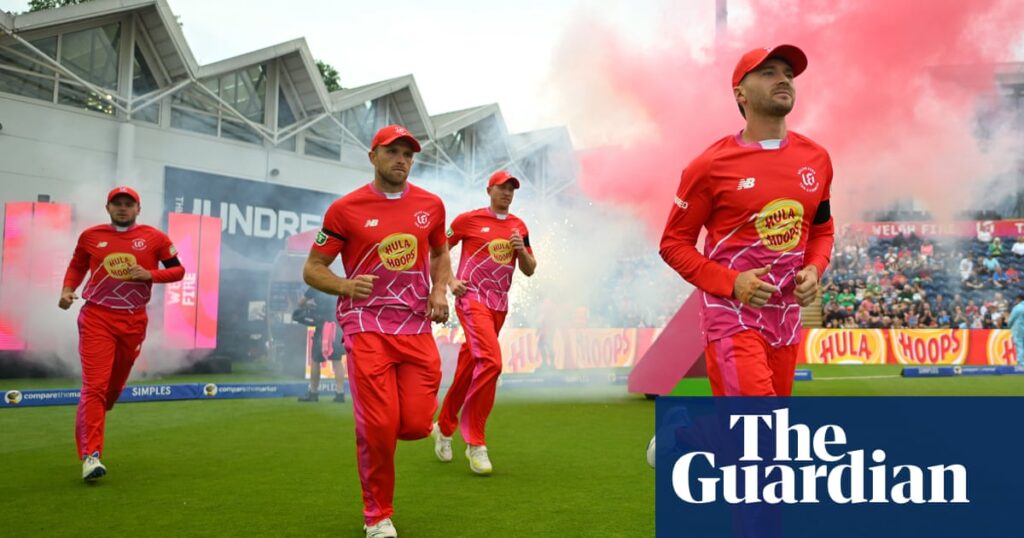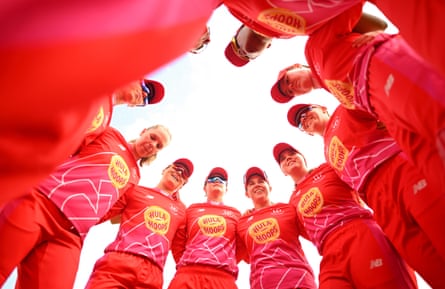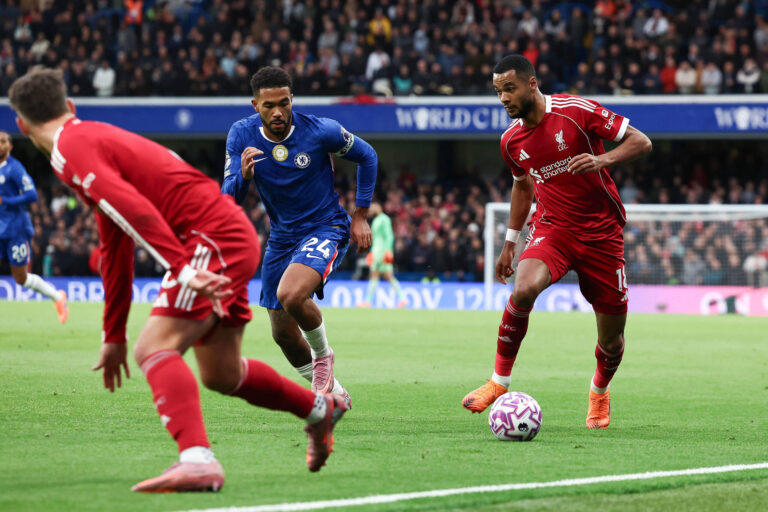
Before stakes in the Hundred franchises were sold in February it was widely assumed that Welsh Fire would be the cheapest off the peg. Based in Cardiff, where bums on seats can be a challenge, and lacking Welsh representation on the field, they have been the butt of a few jokes during the tournament’s short history.
But for Sanjay Govil, an IT entrepreneur and the owner of Washington Freedom in Major League Cricket (MLC), the appeal of “one team, one country” was too great, likewise the “chemistry” during talks with the top brass at Glamorgan. Though he was on a plane when the auction took place, he secured a 49% stake in Welsh Fire, later raised to 50%, that valued the team at £84.6m, more than Trent Rockets or Birmingham Phoenix.

“Smith is playing for Welsh Fire this summer, so that is the first player from Washington Freedom,” says Govil. “We have tremendous talent in our [Washington] team and they have expressed great interest in playing in the Hundred. With MLC and the Hundred so close to each other, we have an opportunity to sign up players for multi-league. It is important to build local talent also but these things don’t change overnight.”
The notion of tournament-hopping players flags the broader direction of travel for the sport and as a self-professed Test cricket lover one would assume Govil to have concerns. There are only 12 months in a year and the squeeze created by the franchise world’s tractor beam means something will have to give. “Cricket might go the way of football in Europe, where they play for the clubs but then play for the country when required,” he says. “There is still going to be Test cricket, but maybe – again, I’m just thinking through it – it is played just three months a year in two blocks of six weeks. Then X amount of time for the IPL, MLC, the Hundred etc. And not all players overlap. But I see the calendars evolving.”
after newsletter promotion
As well as the broader plan, what comes across is just how collegiate the Hundred team owners are despite four coming from established Indian Premier League teams and four relative newcomers. They are rivals, clearly, but Govil says they are also “a family” who happily offered him guidance when first setting up his MLC team. It makes sense. A rising tide lifts all boats.
It will be interesting to discover whether Govil’s view on the 100-ball format is shared by others; whether they have simply bought stakes in English cricket and plan to shape what this means at a later date. Another question is whether TV rights for the Hundred will be sold separately in future. The current deal has the English summer bundled up as one product and means Test cricket – still the No 1 format in the UK – could even be subsidising the thing that threatens to strangle it.
“You will only know if they are split up, right?” says Govil. “I am a very firm believer in the market determining your price. And so I believe the TV contract should be separate. Or we’re guessing. Maybe it is correct that Test cricket is subsidising the Hundred. But maybe it is the other way around. The TV money [from Sky] went up when the Hundred came in, no? But I like objectivity. Everything should be simple.”
A laudable sentiment – although when it comes to the Hundred, a tournament that has split opinions and looks likely to change, simplicity has been a rarity.




